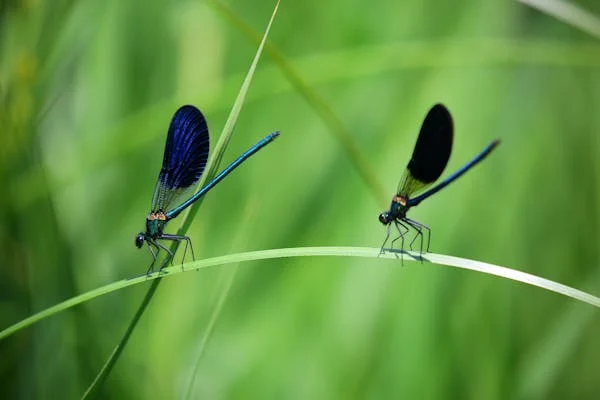
Insects play a critical role in global food production. Around 70% of crops, including fruits like apples, strawberries, and cocoa, depend on them for pollination. These pollinators, primarily bees, rely heavily on a flower’s scent to locate food sources. However, a recent study published in Environmental Pollution reveals a hidden threat: atmospheric pollutants significantly alter floral odors, making it difficult for insects to find food.
Field Study Shows Dramatic Decline in Pollination with “Safe” Pollution Levels
The study designed an experiment with eight large enclosures built within a wheat field. The researchers introduced various treatments into these enclosures, including clean air, diesel exhaust, ozone, and a combination of both pollutants. Importantly, the pollution levels used were well below the limits set by the US Environmental Protection Agency (EPA) for safe air quality.
Despite the seemingly low pollution levels, the results were alarming. The study found a reduction in insect pollinators by up to 70% and a decrease in flower visits by a staggering 90%. Ultimately, this disruption in pollination led to a 14-31% decline in seed yield, highlighting the significant impact on food production.
Experts Warn: Pollution Levels Deemed Safe May Still Be Harming Pollinators
The study’s lead author, James Ryalls, an agricultural ecologist at the University of Reading, expressed surprise at the severity of the findings. He emphasized the potential for air pollution to be a significant, yet overlooked, contributor to pollinator decline. This decline is already a major concern, with habitat loss, pesticides, climate change, and other factors placing immense pressure on bee populations worldwide.
Shannon Olsson, a chemical ecologist not involved in the research, highlighted another key takeaway: pollution levels considered “safe” by current regulations can still have a detrimental effect on pollinators. This underscores the need to potentially revise air quality standards to better account for the well-being of insect populations.
The Urgency of Transitioning Away from Fossil Fuels
The study also points to the ongoing issue of diesel emissions. While diesel engines are becoming more efficient, a significant portion of vehicles on the road still rely on this technology. The research emphasizes that even with regulations, diesel exhaust remains a major source of air pollution, contributing to a substantial number of premature deaths annually.
The author, Ryalls, emphasizes the necessity of accelerating the transition away from fossil fuels. Given the combined threats to pollinators and public health, a swift move towards cleaner energy sources is not just desirable, but essential.


